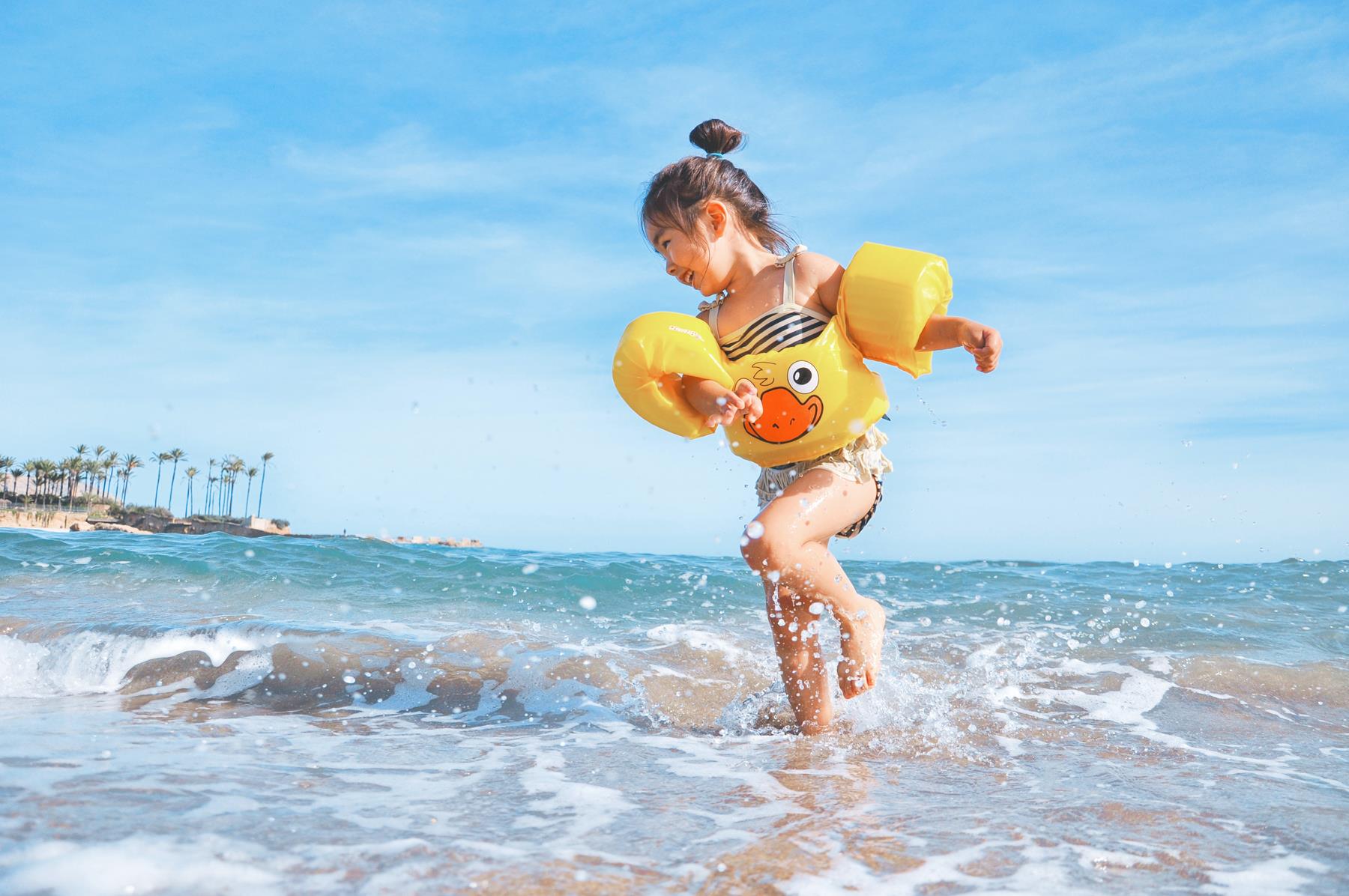The pediatrician’s instructions are clear and categorical: “Dip the baby in the sea immediately after birth. Babies are as familiar with water as fish…”. However, while some babies are born “mermaids” or “sargos”, others detest water as much as the devil detests incense. According to scientific studies, not all children are “lovers” of the sea, nor do they all achieve the same resistance on the scale of fear. Every child is a unique case, a different entity whose preferences we must respect, whether we like them or not.
Many parents, however, anchor themselves to their personal desires, forcing their children, directly or indirectly, to love the sea, perhaps ignoring that no love is won by force or coercion. This is a big mistake, as experts have pointed out time and again that no “miraculous” seawater and no exercise at sea are beneficial if they are not done with enthusiasm and willingness from the child.
My child currently belongs to the category of those who do not love the sea. Nor the pool. Nor fish. Nor mermaids. Nor Nemo. He loves to lounge on the sunbed, drink cold juices, browse magazines, and repeat imperatively every two minutes, “Anteia wants to go home!”
I tried everything, read everything, bought everything, and “saw everything” to change his mind. No. This, his third summer, I will not turn into a shark that runs threateningly after him to sink him in the “abyss” while he screams. Nor will I try to buy a dive with tons of orange juice and icy promises. This summer, I will let him sit quietly on his sunbed, with his juices, his magazines, the cliché phrase “Anteia wants to go home!” and the modern perception of child psychologists that wants children to be free. As free as possible from our stereotypes of deep dives.
Ten Tips for Familiarizing a Child with the Sea:
1. Before the trip to the sea, cultivate a joyful atmosphere. Talk to them about water games and sandcastles.
2. Initially, play with them at a considerable distance from the water’s edge, ensuring they are often splashed with seawater.
3. Under no circumstances should you force the child to enter the sea, and never attempt to dip them by force. Such an action can make them dislike the sea (and you) for a long time.
4. Even if it’s true, do not show the child that you are afraid of water. Your panic not only is perceived by the child but also spreads like a… virus.
5. Do not show them that you desperately want them to swim. Act indifferent!
6. Avoid seas with waves, cold waters, and rocks.
7. Enter the water slowly, holding the child in your arms, upright or sideways, speaking calmly, smiling, and keeping their face turned toward yours.
8. Arm bands or flotation devices are not needed before the child becomes familiar with the sea, and this will happen more easily if they feel safe in your arms.
9. Gradually submerge their entire body in the water, which should not exceed their shoulders.
10. Do not keep them stationary but move them gently in the sea and play various games with their hands and feet.
11. If the child does not want to enter the water at all, you should give in and leave the beach, postponing the “bath” mission for the next day.


